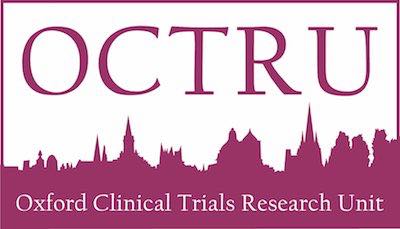What is NEON?
NEON is an NIHR HTA funded randomised controlled trial looking at providing the evidence to support digital nerve management in adults. It is supported by bother the BSSH and BAPRAS.
Why is NEON needed - surely digital nerve repair works?
A detailed systematic review and an independent review by the NIHR showed that there is uncertainty around digital nerve repair. For example, only 1 in 4 patients returned to what can be considered normal sensation after digital nerve repair. Additionally, patients that did not undergo repair seem to have a satisfactory outcome, as none requested futher surgery. More research around this procedure is needed, particularly as the current evidence supporting digital nerve repair is imperfect, uses imprecise outcome measures and is not patient focused. As a large and robust trial, designed with patient reported outcome measures as well as clinical, NEON will seek to contribute to the evidence of the impact of this surgery.
Reference: Dunlop RLE, Wormald JCR, Jain A. Outcome of surgical repair of adult digital nerve injury: a systematic review. BMJ Open. 2019 Mar 13;19(3):e025443, doi: 10.1136/bmjopen-2018-025443. PMID: 30872549.
Surely surgery is better than no surgery?
Digital nerve surgery is not a benign process and involves risk to patients and cost to the health system. The costs and benefits need to be weighed up just as much as non-surgical management. The published evidence clearly shows that not all patients benefit from surgery. Most surgeons will accept that younger patients do better than older patients, and those with diabetes or smokers may do less well. The view that neuroma rates are higher if the nerve is not repaired is not supported by the evidence. The incidence of neuroma following repair of the digital nerve is 4.6%, and 5% if the nerve is not repaired. Furthermore, loss of sensation to one side of a single digit may not result in a noticeable loss of function. As such some patients may not benefit as much as others from surgery.
No surgery does not mean no recovery. If unrepaired, sensibility could be restored to the injured side of the digit by cross innervation from the adjacent intact digital nerve facilitated by collateral sprouting and unmasking of ineffective synaptic connections, as well processes such as cross excitation between neurons and cortical somatotrophic reorganisation.
Reference: Jain A, Dunlop R, Hems T, Tang JB. Outcomes of surgical repair of a single digital nerve in adults. J Hand Surg Eur Vol. 2019 Jul;44(6):560-565. doi: 10.1177/1753193419846761. Epub 2019 May 12. PMID; 31079523.
But the thumb and index finger are more important - should they still be repaired?
Data does not support the sensory importance of the thumb and index finger over other digits. Furthermore, there is little evidence to favour the theory that the dominant hand is more important than the non-dominant hand.
Why should I feel comfortable with not suturing a digital nerve in this study?
Not suturing the nerve ends does not equate to providing no treatment. The design of NEON has been carefully considered and based on consensus opinion, feedback and questionnaire surveys to BSSH and BAPRAS members. All patients have surgery, exploration, washout and repair of all other structures. Additionally 50% of patients will also have the nerve repaired in the traditional way. They study group differes only in that no sutures are placed in the nerve ends after the nerves are aligned. All patients receive the same postoperative care and close follow up. The study has been approved by a research ethics committee and is monitored by two independent panels. Since opening the trial, by far the majority of patients who have been approached are happy to consent and take part, demonstrating the study's acceptability and importance to patients.
Why should I take part?
The UK is leading global research in hand surgery and has successfully undertaken large scale clinical trials that have changed practice. NEON provides the opportunity for UK hand surgeons to provide the high quality evidence required to demonstrate which group of patients will benefit most from digital nerve repair. This way we can focus our efforts on improving outcomes for those that will benefit most and avoiding risk to those that will benefit least. Surgeons that take part will be recognised contributors on what will be a landmark paper in a high impact journal which will lead to patient benefit. You can see the details of the sites that are involved here.
Where can I get more information?
If you still have questions or would like to discuss further, please email neon@ndorms.ox.ac.uk and we will put you in contact with a member on the study team.





